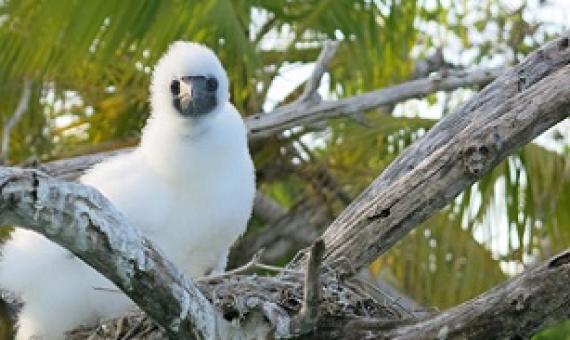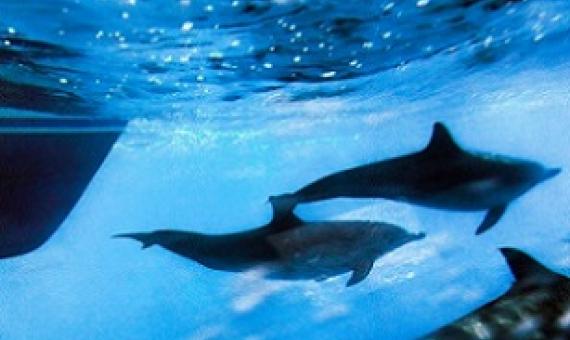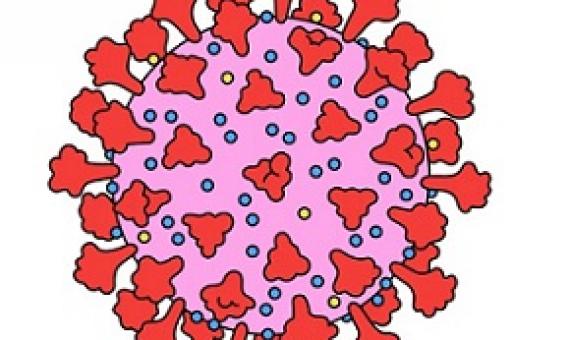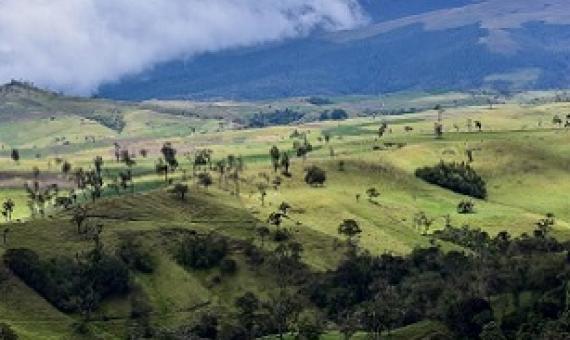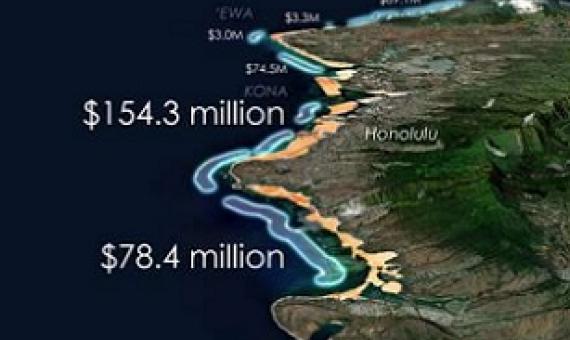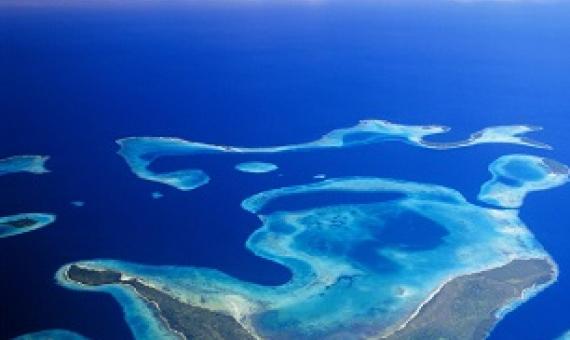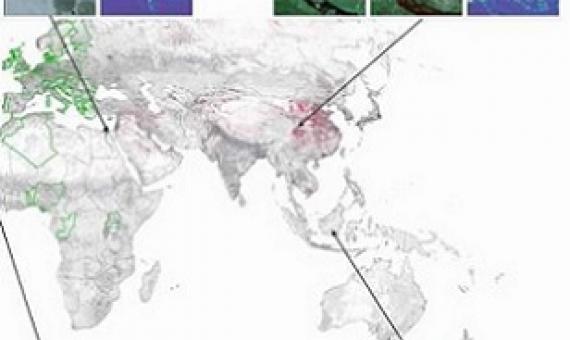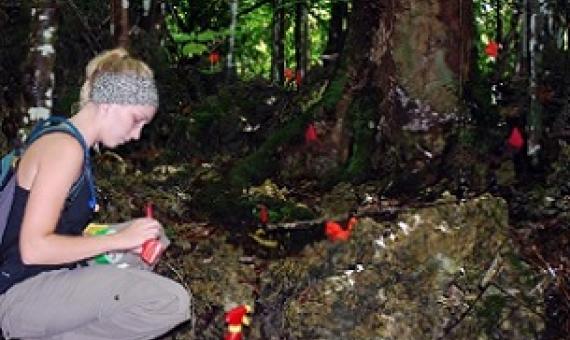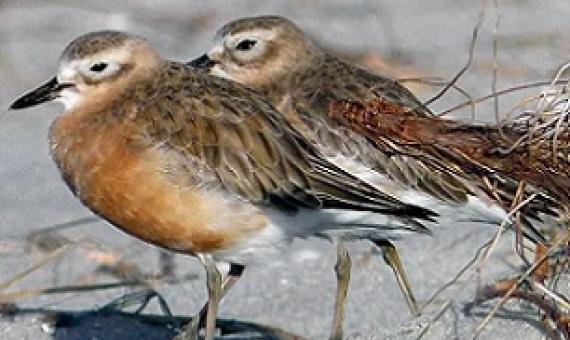Scientists have provided the first evidence to show that eradicating rats from tropical islands effects not just the biodiversity on the islands, but also the fragile coral seas that surround them.
Earth’s oceans have been losing oxygen for decades due to global warming, and a new study suggests that these oceans will continue to do so for centuries, even if humans stopped all CO2 emissions immediately.
As the COVID-19 pandemic continues to plague economies and societies across the globe, the Scientific Research Organisation of Samoa (SROS) maintains its commitment to strengthening and enhancing its contributions to Samoa’s nation-wide response.
Scientists have called for the use of climate projections in conservation planning, to ensure that areas most at risk from biodiversity loss and climate impacts are protected.
...A new study led by researchers at the University of California, Santa Cruz, and the U.S.
Endemic species on islands, especially plant species, are at the greatest risk of disappearing because of climate change, a study has found.
The coronavirus pandemic has led researchers to switch gears or temporarily abandon projects due to health protocols or not being able to travel.
COVID-19 and protected areas: Impacts, conflicts, and possible management solutions
During the first wave of the COVID-19 pandemic, management authorities of numerous Protected Areas (PAs) had to discourage visitors from accessing them in order to reduce the virus transmission rate and protect local communities. This resulted in social–ecological impacts and added another layer of complexity to managing PAs. This paper presents the results of a survey in Snowdonia National Park capturing the views of over 700 local residents on the impacts of COVID-19 restrictions and possible scenarios and tools for managing tourist numbers.
A University of Guam review of published research on the critically endangered Serianthes nelsonii tree has revealed a reason why the population of the trees continues to be endangered despite a long history of funded conservation projects and a national recovery plan implemented 26 year
New study provides further evidence supporting the connection between predator-free islands and richer sea life. Researchers publish the latest evidence connecting terrestrial and ocean health in a study of four islands in the Mercury Archipelago off the Coromandel.

